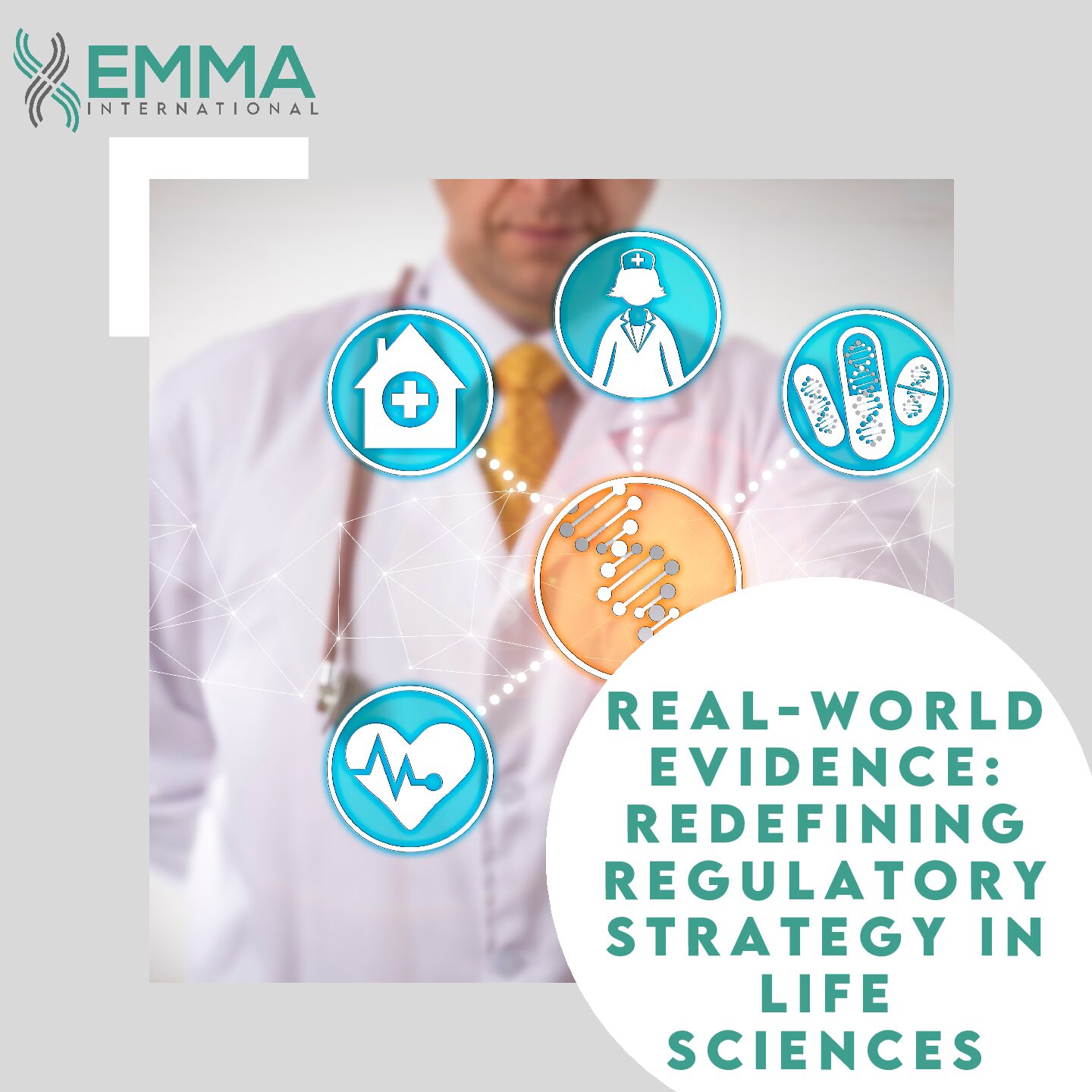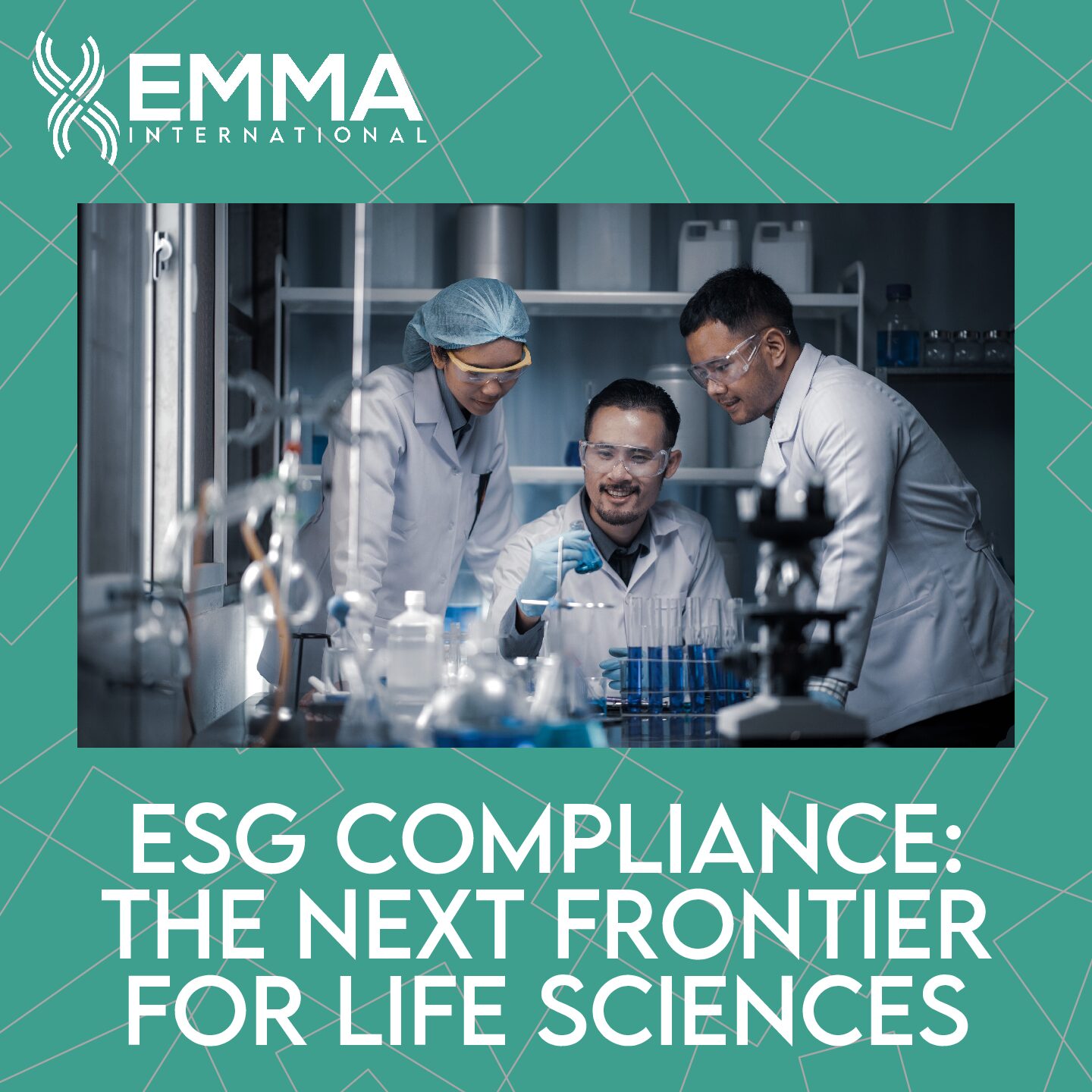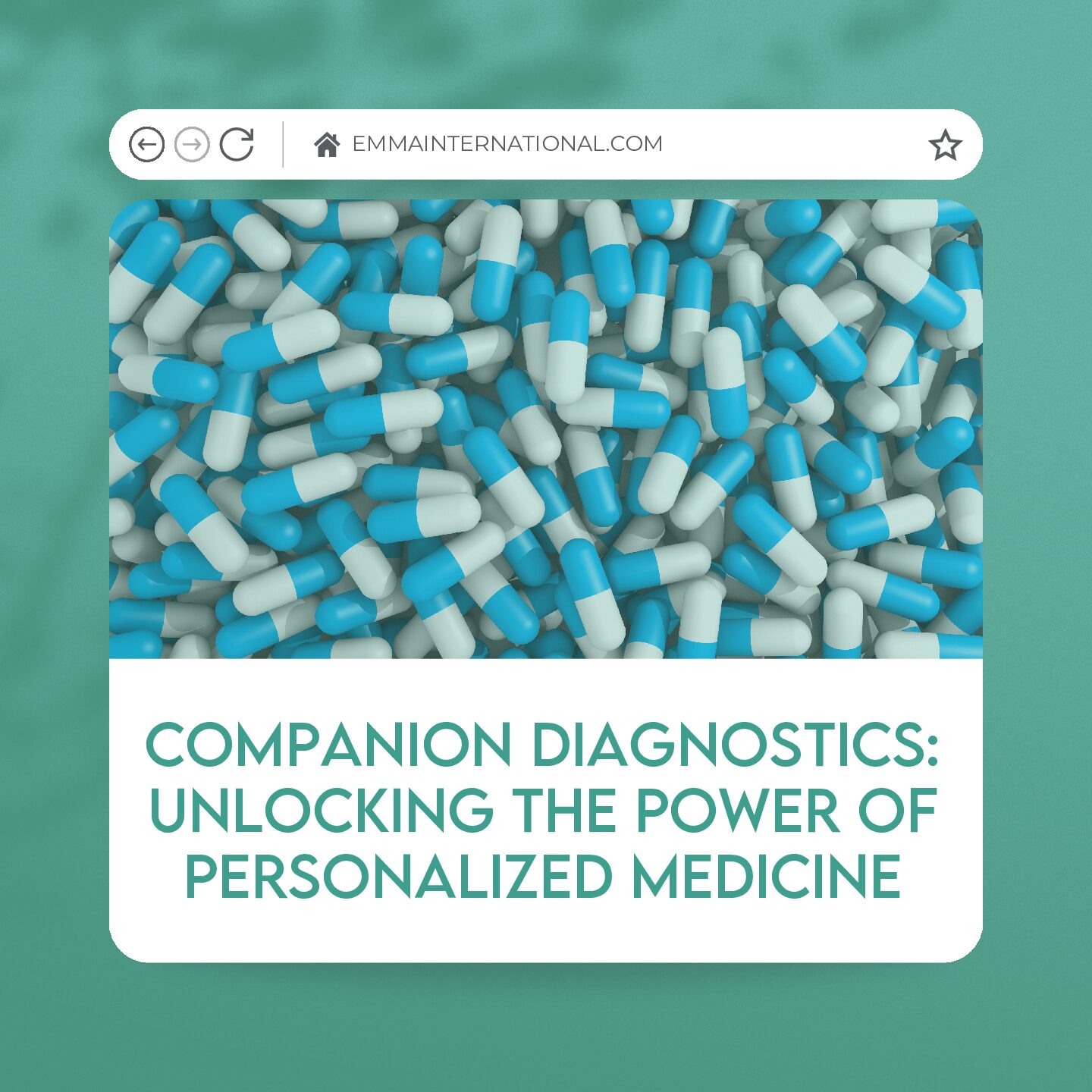Around the world, there are different regulations regarding the cultivations, manufacture, and sale of cannabis and hemp products. The irregular standards surrounding the production and sale of CBD products have caused uncertainty for consumers. Unless they take the time to dig into the company and its processes, the consumer may not know the quality of the product they are consuming. In 2019, The Guardian published an article where the author tried multiple CBD products and demonstrated the extraordinary range of outcomes and promises consumers are given on similar products[1]. This cause of concern from consumers has garnered the attention of the FDA.
To meet the necessary quality objectives of CBD development and production, good industry practices (GxP), including good manufacturing practices (GMP), good laboratory practices (GLP), Good Documentation Practices (GDP), and Good Agricultural and Collection Practice (GACP) are necessary.
GDP is the cornerstone for all other GxPs. The way GMP and standard operating procedures (SOP) are documented is regulated for the life sciences industry and, likely, the CBD industry. Rigorous and repeatable SOP’s, risk-based thinking, continuous improvement, management reviews, corrective and preventative actions, and audits are vital to a working QMS. They cannot be adequately established and maintained without adequate document control.
The quality management system or QMS is necessary for any regulated industry. There must be a system for managing and standardizing processes. Quality control checkpoints are only valid if there are standards to compare to, in the same way, validations evaluate the critical control points. It is difficult to provide a consistent or safe product without these necessary procedures.
A critical component within the QMS is a detailed recall program. Safety should be an integral part of every step of the supply chain, but even the best-laid plans can fail. The stigma associated with CBD and cannabis use increases the need to protect consumers from contamination. Having an effective recall program to quickly and efficiently move products off the market can differentiate between keeping consumer confidence and losing it.
As the CBD industry matures, more stringent regulations are sure to emerge. Companies that do not adhere to the necessary regulatory standards and requirements but still produce CBD or CBD-containing products can expect sanctions, including fines, impounded products, license suspension. Having a QMS already in place can significantly decrease the time it takes to implement the regulatory changes. The experts at EMMA International can help implement an effective Quality Management System, ensure compliance for all CBD products, or assist in the event of a recall. For more information, call EMMA at 248-987-4497 or email us at info@emmainternational.com.
[1] https://www.theguardian.com/lifeandstyle/2019/oct/17/what-happens-when-you-try-all-the-cbd-products-you-can-find






